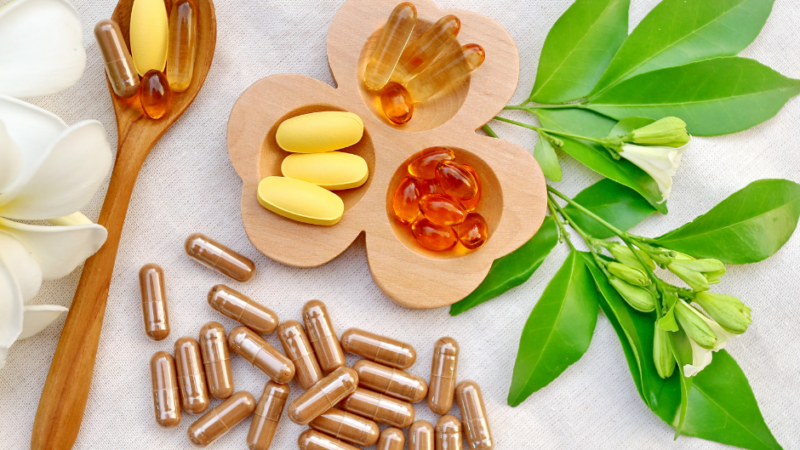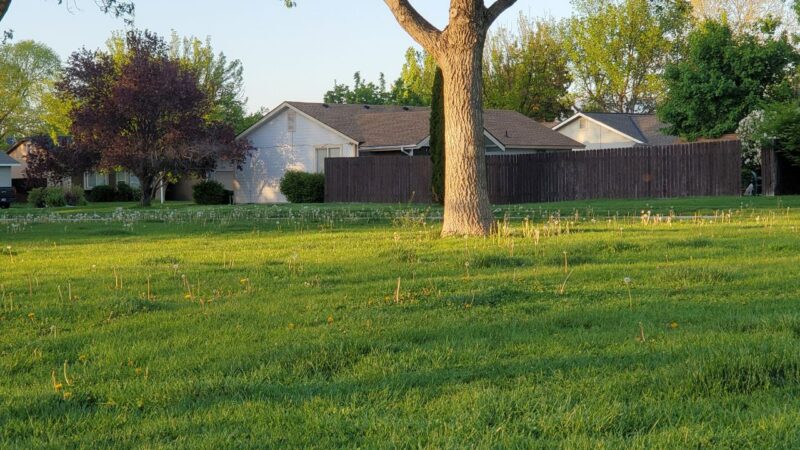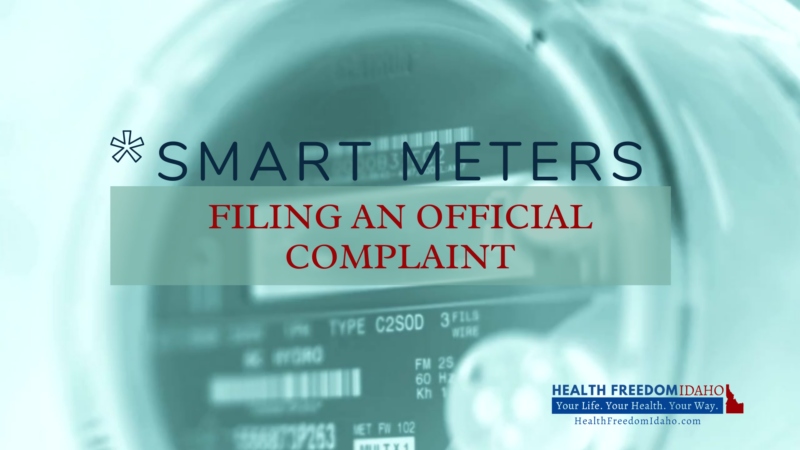Seasonal Affective Disorder (S.A.D) A Naturopathic Treatment Approach
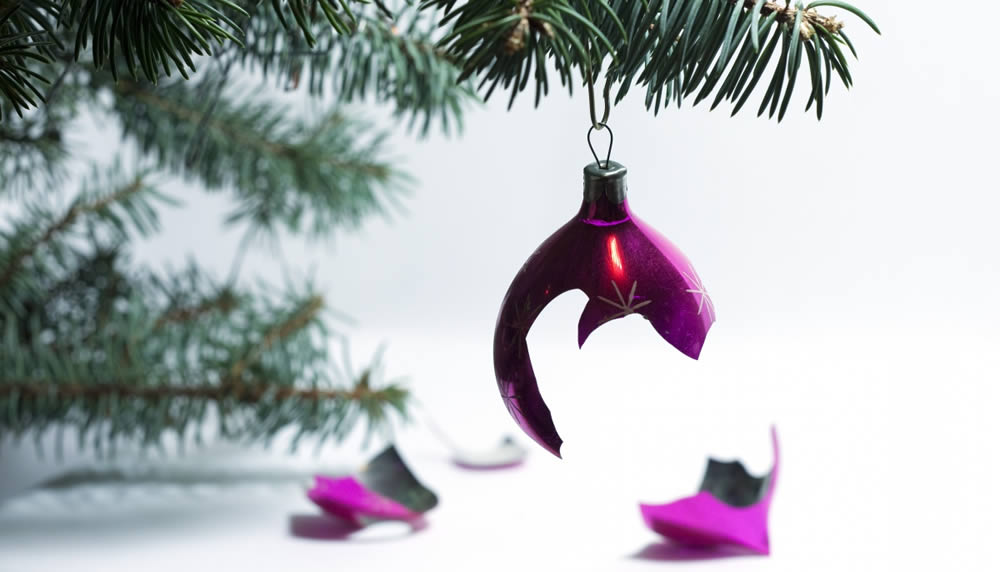
It’s that time of year again. The days are getting shorter, the air is getting cooler, and the leaves are starting to paint our city in beautiful yellows, oranges, and reds. Along with this pleasant turn of the season comes a higher prevalence of seasonal affective disorder (SAD). For those that experience SAD, the coming of fall and winter presents unique mental health challenges.
SAD is a type of depression that comes and goes with the seasons. It is often experienced as an exacerbation of preexisting mental health conditions that worsens in the coldest and darkest times of the year. It is very common in the United States (up to 10%) during the months of October through February.
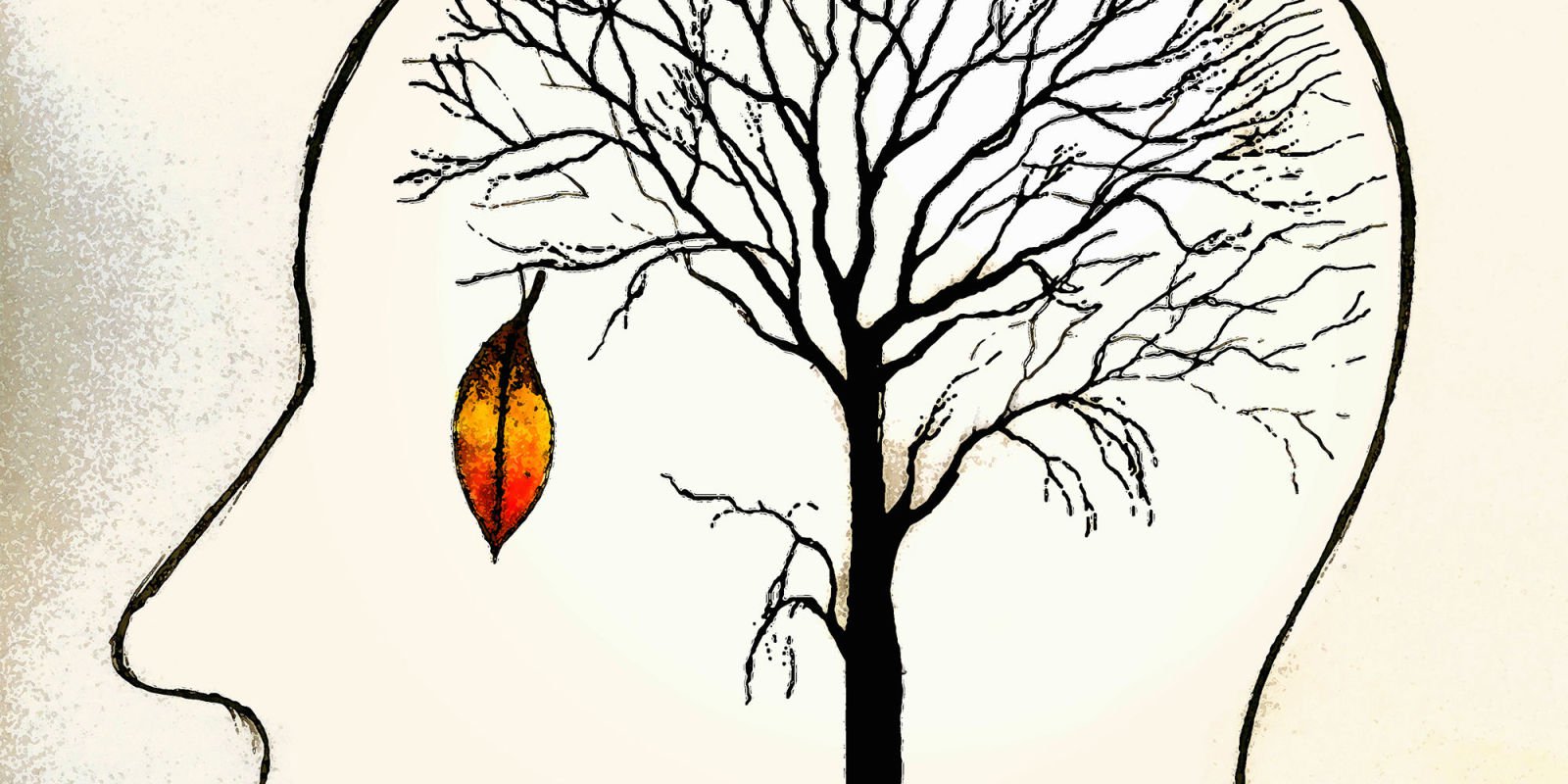
Symptoms of seasonal affective disorder include:
- Feeling down or depressed most of the day, nearly every day
- Loss of interest in activities you once enjoyed
- Low energy
- Low motivation
- Insomnia or oversleeping
- Change in appetite, especially increased cravings for carbohydrates
- Change in weight
- Feeling sluggish
- Heightened irritability or agitation
- Difficulty concentrating
- Feeling hopeless, worthless or guilty
- Having frequent thoughts of death or suicide
- Fatigue
Just because symptoms arise seasonally doesn’t mean you have to “tough-it-out” and wait for the spring season to bring relief. Treating SAD proactively can help to maintain steady mental state of mind and motivation throughout the year. Below are some ideas for maintaining great mental health in this more challenging time of year.
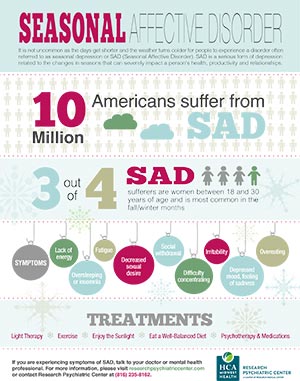
Boise Natural Health Clinic suggests these supports to build a healthy foundation for any mental health treatment.
Healthy daily diet
- Health Freedom Idaho member suggested: “Endorphins are key! Eat feel good foods that boost serotonin and dopamine and get the heart pumping and blood flowing as much as possible”
Proper supplementation
- Omega-3 fatty acids, Probiotics, Vitamin D3, and a good multivitamin
Go Outside
In the winter months we don’t get enough sunshine and, as a result, we also lack Vitamin D which contributes to SAD. Try to go outside in the daylight whenever possible – it doesn’t need to be for a long time, even half an hour can make a difference. You should also avoid wearing sunglasses (but never look directly at the sun) to get the most out of the daylight hours.
Adequate sleep
Make a plan and routine to get more than 7 hours a sleep a night. Plan a night time routine. Get off screens at least an hour before bed, blue light from screens can interfere with your bodies ability to make Melatonin generated by the body to help you feel you ‘sleepy’. A simple habit such as a cup of tea before bed is calming and can help your body and mind relax to ease sleep. Many suggest magnesium to help promote restful sleep. There are many varieties to choose from a whole food version successfully used with adults and children is here.
Exercise
- Exercise increases endorphins (neurotransmitters that make you feel happy) and decreases cortisol (our stress hormone). As I’ve told many of my patients, exercise is the best stress management because it helps to decrease cortisol just like you would draining a battery. It is an incredible stress management tool, that when used effectively, can be a game changer for some.
Solid Stress Management Routine
Health Freedom Idaho members made the following suggestions:
- Re-prioritize! Say no more often and only say yes to the most important things. Take more down time with the family.
- Focus on a few big activities to look forward too. A buck list of ideas that don’t take a lot of planning or finances are often the most memorial and can keep the motivation going through the season.
Manage your holiday expectations. Don’t set yourself up for failure by making blanket statements “This will be the best Christmas ever.” But keep positive in your mindset. Set boundaries and limits so that your family and close friends will know what you will (and won’t) be doing for the holidays. This will give you the freedom to stay ‘no’ without feeling you are failing others, which can lead to a negative mindset.
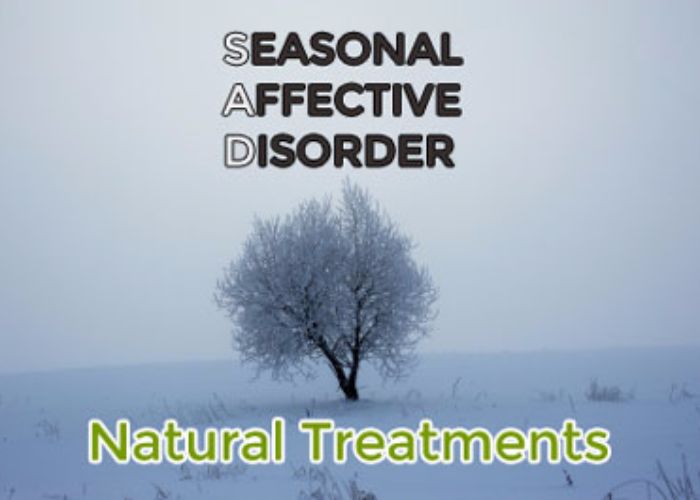
If you experience SAD, please know you are not alone. Should you need additional support, Naturopathic treatments for SAD may include light therapy (light box), counseling and targeted supplementation.
Light Therapy
A light box imitates the natural light of the day, and can be useful when used at your desk in the morning and throughout the day when the days get dark and short. Light boxes can help to decrease the amount of melatonin (the hormone that makes you sleepy) and increases the amount of serotonin (the hormone that makes you happy) when used during the day.
Psychotherapy
I refer to local area counselors on a frequent basis. Counseling/psychotherapy helps us to address the root cause of depression or other mental health concerns, even if they are only experienced seasonally. The different modalities of counseling have a wide array of benefit. To experience maximum benefit from counseling, it is important to find a therapist that you connect with and to make sure that they provide a type of counseling that fits your needs.
Emotional Freedom Technique
Emotional Freedom Technique (EFT) can be an incredibly useful and effective modality for managing seasonal affective disorder as well as chronic conditions such as anxiety and depression. Boise Natural Health Clinic’s own Emily Yuen offers EFT and we have seen patients get excellent results.
Portions of this article originally appeared at: https://boisenaturalhealth.com/seasonal-affective-disorder-naturopathic-treatment-approach/.

